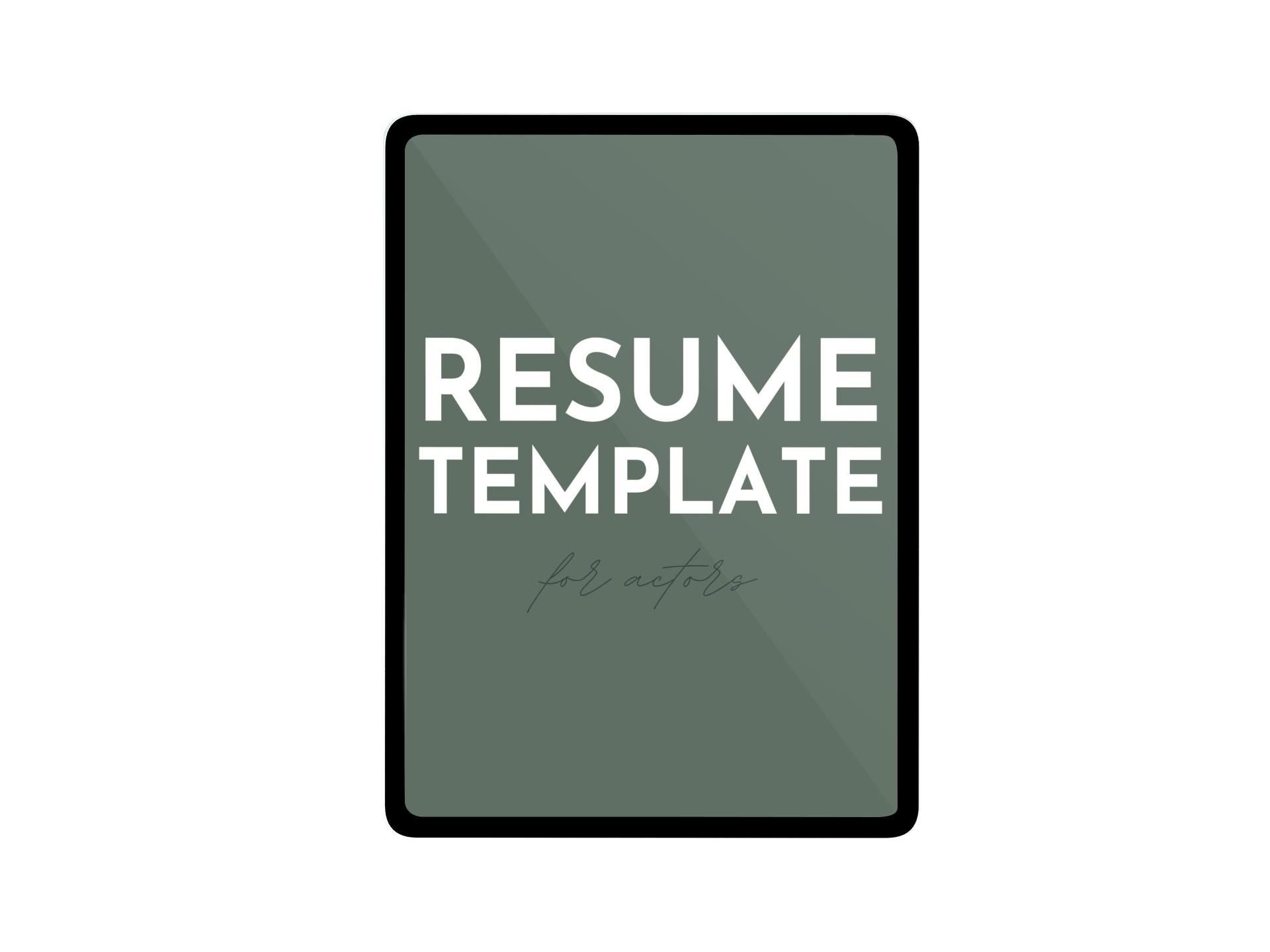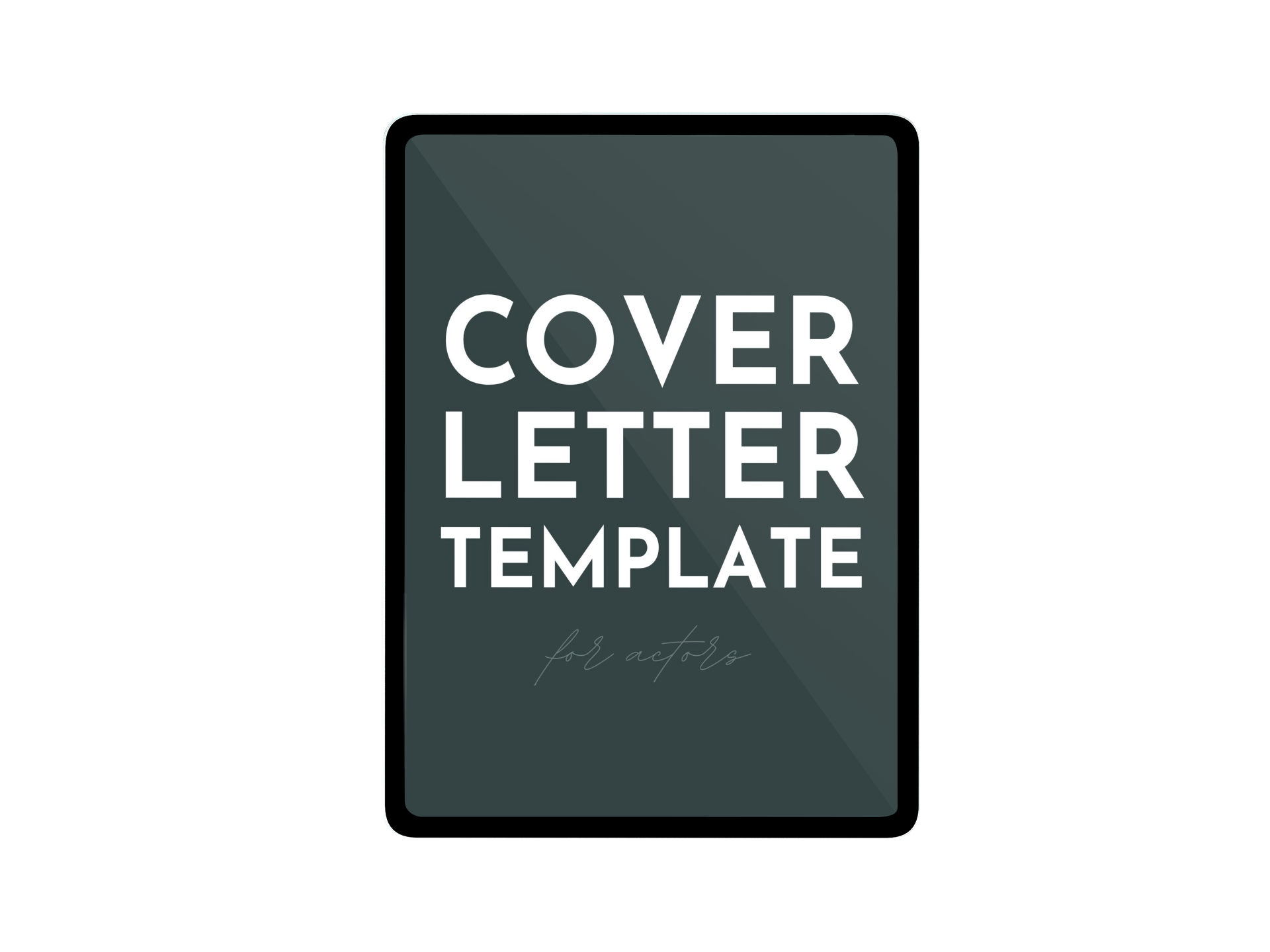10 Questions You Need To Answer When Keeping An Audition Journal
All actors can benefit from keeping an audition journal. By documenting key audition information, you can learn from your own experiences every time you audition for a new role.
Think about it.
The minute you leave your audition it’s all going to feel like a blur. You’ll begin to overanalyze every single little thing that happened in the room… who did I just audition for? Was that comment about my song choice positive or negative? What did the director say to me when I was leaving the room?
Before you head home for the day, I encourage you to grab your audition journal and take some notes on your audition. Award winning acting coach and best-selling author Craig Wallace says that "by writing and then closing the book on each audition as it happens, you make it easier to let go and move forward with ease and ever growing confidence."
Here are 10 questions that will help you reflect on a job well done.
1. What's the date?
Simple enough. Dates are important to help you piece things together chronologically.
2. What's the name of the project and theatre company?
Document the production and theatre or company for future reference. This information is helpful when quick searching through your journal later.
3. Who is the casting director?
Name the casting director, producer, or artistic director at the head of the project.
This information is often included in the breakdown.
4. What type of audition?
EPA? ECC? Open Call? Submission? Appointment? Callback?
Its always important to include what the type of audition, especially when you’ve auditioned for the same production multiple times.
5. What did you wear?
Remember what you wore by taking a photo of your outfit. If you are unable to snap a picture, describe in detail from head to toe what clothes you wore, how you styled your hair, and any makeup/accessories you had on. This will help if you get a callback months from now and you wish to wear what you wore to the initial audition.
6. What material did you perform in the room?
What song did you sing? How many sides did you do? For what role?
7. What choices did you make?
It's important to remember not only the material you performed, but how you performed it. What made your audition unique to you? What acting choices did you make in your material? Did they work?
8. Who was in the room?
Record everyone you auditioned for. This is very important if you want to be able to follow up with them later with a thank you note. You can also keep track of relationships through how often you've been in front of any creative teams of casting directors.
Sometimes, there will be a sheet posted outside the door with this information. Otherwise, politely ask the monitor!
9. Were you given any feedback?
Keep track of any notes, adjustments, or additional information the creative team may have given you in the room. Use the feedback in the room to better equip you for your next audition.
10. How did you feel?
This is the most important question. Reflecting overall on the audition while its still fresh in your mind is key to tracking your progress. Would you do anything differently? This is live theatre, and we will always have bad days. However, by recognizing what we have control over (i.e. our clothes, our choices, our material), we can take giant steps towards improving our overall attitude!
After just a few entries, you’ll start to see patterns, both positive and negative, and you’ll be able to prepare for different rooms and different projects with greater clarity.
I recommend downloading the Audition Journal App on iTunes. Designed by esteemed Broadway director and choreographer Adam Cates, the app is a personal database to better strategize your performing career!
Find this helpful? Be sure to check out the Actor Aesthetic podcast. New episodes every Monday!





